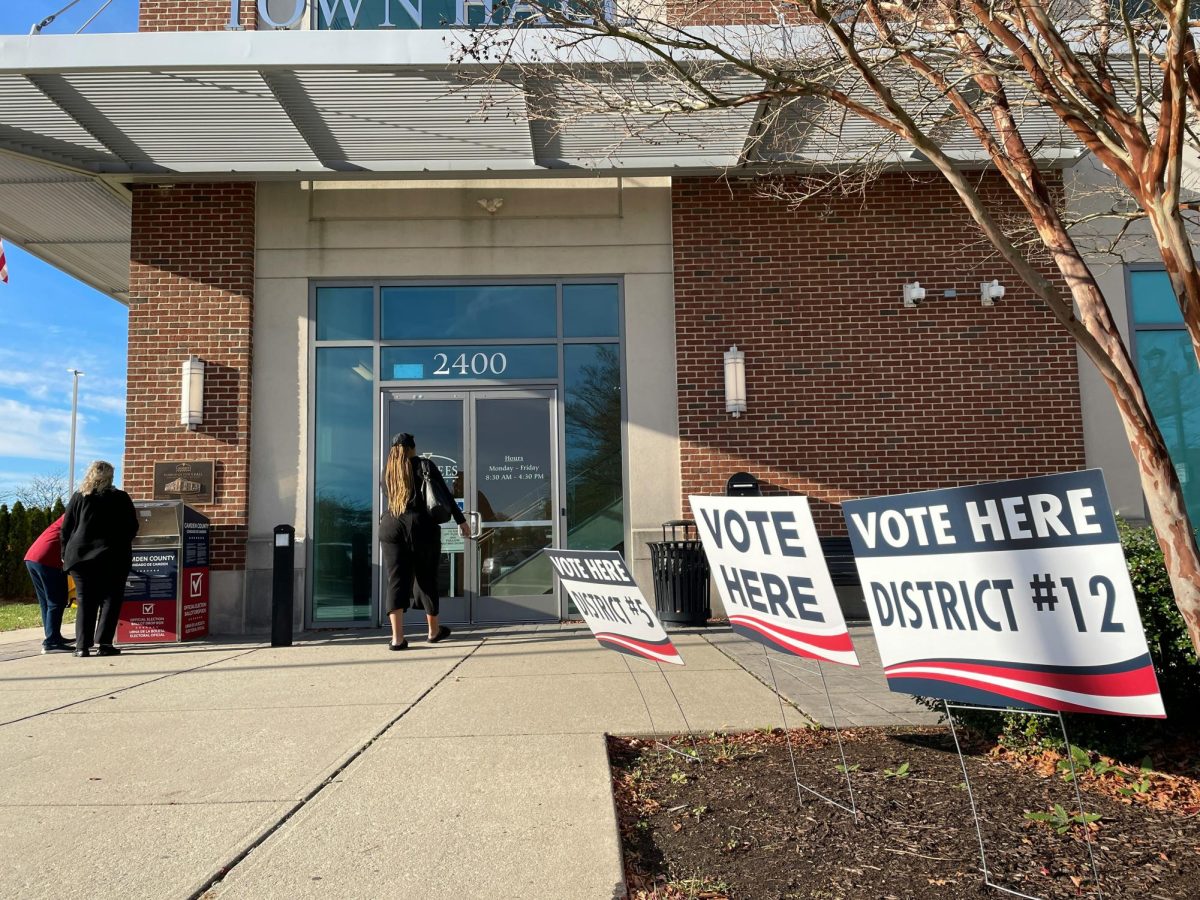Antonin Scalia, former Supreme Court Justice and judicial darling of the right, once said, “Certainly the Constitution does not require discrimination on the basis of sex. The only issue is if it prohibits it. It does not.”
In light of this past International Women’s Day, amidst turmoil with the new Administration, this frightful and mainstream opinion is why America needs an Equal Rights Amendment.
There are currently three other justices like Scalia sitting on the court (Thomas, Alito, Roberts), and President Donald Trump is looking to appoint another, Neil Gorsuch, who is ideologically to the right of Scalia.
But this extends far past the courts.
On Jan. 23, Trump signed an executive order imposing the “Mexico City” rule — that overseas operations – including clinics — that perform or encourage abortion will lose all federal funding from the United States.
In his replacement for Obamacare, Planned Parenthood would be defunded in its entirety, leaving millions of women without vital care. Similarly, the replacement does not bar discrimination based on sex when it comes to insurance policies.
The war on women is in full force, and Trump is at the reins.
That is why now more than ever, we need an Equal Rights Amendment.
The proposal is a simple one: “Equality of rights under the law shall not be denied or abridged by the United States or by any State on account of sex. The Congress shall have the power to enforce, by appropriate legislation, the provisions of this article. This amendment shall take effect two years after the date of ratification.”
See, that’s not so bad. It doesn’t diminish men’s rights. It doesn’t emasculate men. It doesn’t create a new super-genus of radical, bra-burning feminists.
It simply says women are equal in the eyes of the law once and for all, now and forever.
Aside from the 19th Amendment, which gives women the right to vote, there is no specific mention of women or sex-based assessment for women in the United States Constitution.
The word “men” is mentioned a handful of times. The words “women,” “ladies,” or “female” are nowhere to be seen.
Not one line in the United States Constitution even alludes to the rights of women when considering historical context, aside from the 20th amendment, nor is the word “equality” found anywhere.
Even though the Constitution states that “all men are created equal,” we know that the Founders did not take into consideration all men – and certainly not women. If you weren’t white, a landowner or male, the Constitution was not written with your rights in mind.
What many people fail to realize is that the rights of women that hinge on the 14th Amendment’s Equal Protection Clause can easily be taken away.
The 14th Amendment says that states may not “deny to any person within its jurisdiction the equal protection of the laws.”
Should Congress or a bench of judges hold hostile views of women’s equality, they could deem it necessary to roll back on much of the social progress made through common or statutory law.
Should Trump appoint one, two or even three new Justices to the Supreme Court who hold originalist views like Scalia, issues like equal pay, abortion, insurance discrimination protection and so forth could vanish or become embedded in sex discrimination.
The argument “women already have everything the ERA would guarantee them” is not only wrong, but also naïve.
First, women don’t have “everything” equal to men in current law. There are still many statutes that separate on the basis of sex.
Second, only the ERA would truly guarantee them these fundamental rights without fear of being stripped away so easily. So those opposed to the ERA actually give us a reason to support it — they admit it would guarantee equality if enacted.
This wasn’t always a divisive issue. Republicans use to support it. Presidents Richard Nixon and Gerald Ford supported the ERA in the 1970s, as did then-Governor of California Ronald Reagan.
This was not a partisan issue until Phyllis Schlafly and a band of fear-mongering feminist-haters came along and derailed it using scare tactics (one argument was that this would lead to same-sex marriage).
But Schlafly is gone (as is Ford, Nixon and Reagan), and a new era for women emerges on the horizon.































